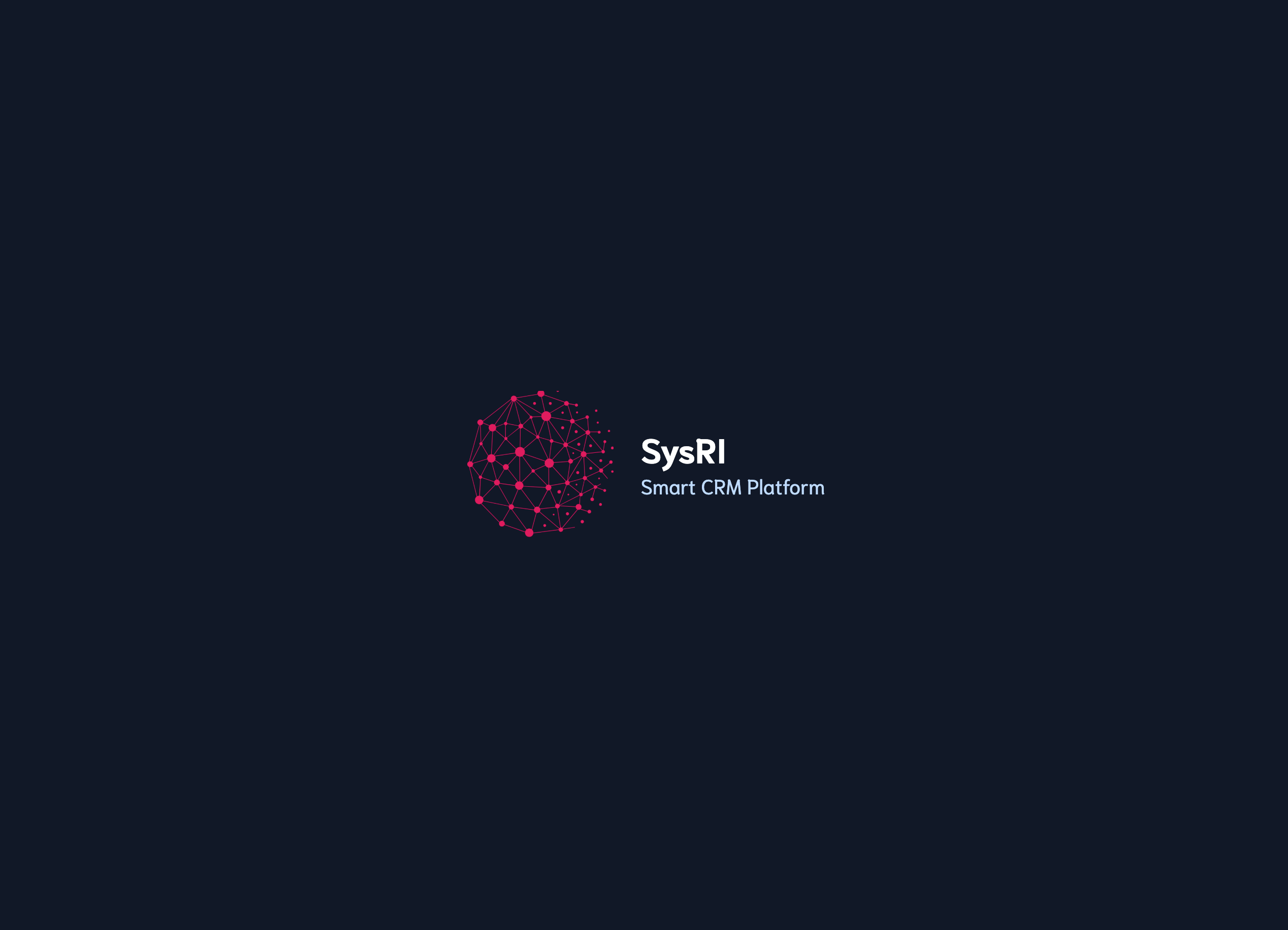Customer Relationship Management (CRM) systems have evolved dramatically over the past decade, and the pace of innovation shows no signs of slowing. In this article, we explore five key trends that are reshaping the CRM landscape.
1. AI-Powered Intelligence
Artificial intelligence is transforming CRM from a passive data repository into an active assistant that provides actionable insights and recommendations. Modern CRM systems now use machine learning to predict customer behavior, suggest optimal contact times, and automate routine tasks.
2. Conversational CRM
The rise of natural language processing is enabling more conversational interactions with CRM systems, reducing data-entry friction for sales reps. Users can now ask questions in plain English and receive intelligent responses, making CRM systems more accessible and user-friendly.
3. Unified Experience Platforms
Modern CRMs now blend sales, marketing, and support into one unified platform for the entire customer journey. This integration eliminates data silos and provides a complete view of customer interactions across all touchpoints.
4. Vertical-Specific Solutions
Industry-tailored CRMs come pre-configured with workflows and data models specific to your sector. Whether you're in healthcare, manufacturing, or professional services, vertical CRMs provide industry-specific features and compliance requirements out of the box.
5. Embedded Analytics
Advanced BI tools built into your CRM empower every user to make data-driven decisions. Real-time dashboards, predictive analytics, and automated reporting are becoming standard features that help teams identify opportunities and optimize performance.
Preparing for the Future
As these trends continue to evolve, businesses that embrace AI-powered, unified CRM platforms will have a significant competitive advantage. The future of CRM is not just about managing customer relationships—it's about creating intelligent, automated systems that drive growth and deliver exceptional customer experiences.

